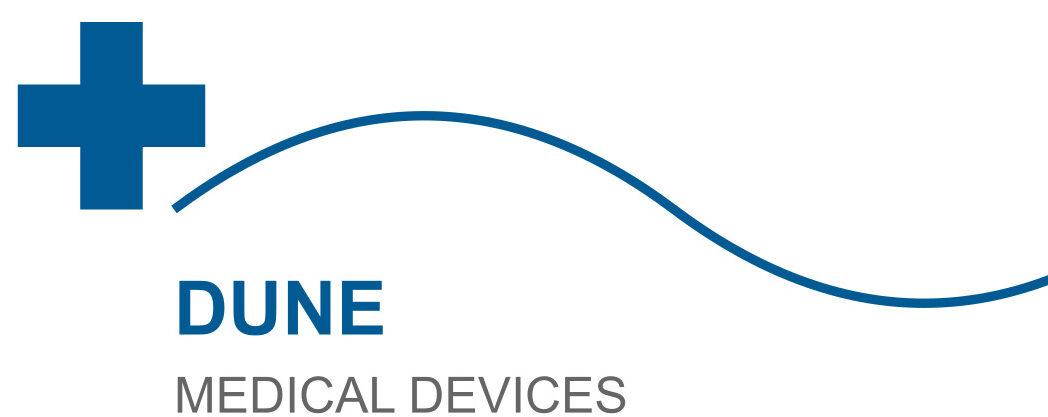Hormones & Anti-Aging: How They Affect Aging
As we age, our bodies undergo numerous changes, many of which are influenced by hormonal fluctuations. Hormones like estrogen, testosterone, and human growth hormone (HGH) play critical roles in maintaining vitality, muscle mass, cognitive function, and overall longevity. Understanding how these hormones impact aging can help individuals make informed decisions about health and wellness strategies.
The Role of Hormones in Aging
Hormones act as chemical messengers in the body, regulating essential functions such as metabolism, cell repair, and immune response. As we grow older, the production of key hormones declines, leading to visible and internal signs of aging. For example, decreased estrogen in women during menopause contributes to bone loss and skin elasticity reduction, while lower testosterone in men affects muscle strength and energy levels.
Research suggests that maintaining optimal hormone levels through lifestyle changes or medical interventions may slow certain aging processes. However, hormone replacement therapies (HRT) should always be approached with caution and under professional supervision.
Key Hormones That Influence Longevity
Several hormones are closely linked to aging and longevity. Below are some of the most significant:
- Estrogen & Progesterone: Vital for bone density, skin health, and cardiovascular function in women.
- Testosterone: Supports muscle mass, libido, and cognitive function in both men and women.
- Human Growth Hormone (HGH): Promotes tissue repair, muscle growth, and metabolism.
- Melatonin: Regulates sleep cycles, which are crucial for cellular repair.
- DHEA (Dehydroepiandrosterone): A precursor to sex hormones that supports immune function and energy.
Can Hormone Therapy Slow Aging?
Hormone replacement therapy (HRT) has been studied for its potential anti-aging benefits. For instance, estrogen therapy in postmenopausal women may reduce osteoporosis risk and improve skin hydration. Similarly, HGH supplementation has been explored for increasing muscle mass and reducing body fat in older adults.
However, HRT is not without risks. Potential side effects include increased cancer risk, blood clots, and cardiovascular issues. A balanced approach—combining medical guidance, proper nutrition, and exercise—is often the safest way to manage age-related hormonal decline.
Natural Ways to Support Hormonal Balance
While medical interventions exist, lifestyle choices can also help maintain hormonal health:
| Strategy | Benefits |
|---|---|
| Regular Exercise | Boosts endorphins, testosterone, and HGH secretion. |
| Balanced Diet | Supports insulin sensitivity and thyroid function. |
| Adequate Sleep | Enhances melatonin and growth hormone production. |
| Stress Management | Reduces cortisol, which can disrupt other hormones. |
Frequently Asked Questions (FAQ)
What hormones decline with age?
Key hormones that decrease with age include estrogen, testosterone, HGH, melatonin, and DHEA. These declines contribute to signs of aging such as reduced muscle mass, slower metabolism, and poorer sleep quality.
Is hormone replacement therapy safe?
HRT can be beneficial but carries risks such as increased chances of blood clots, stroke, or certain cancers. Always consult a healthcare provider to assess individual risks and benefits.
Can diet and exercise improve hormone levels?
Yes. Strength training can boost testosterone and HGH, while a diet rich in healthy fats, proteins, and antioxidants supports overall endocrine function.
Understanding the relationship between hormones and aging empowers individuals to take proactive steps toward healthier longevity. Whether through medical treatments or lifestyle adjustments, balancing hormones can significantly impact quality of life as we age.
“`
This WordPress page provides a professional, well-structured overview of hormones and their impact on aging, complete with headings, lists, a table, and an FAQ section with schema markup for better SEO. Let me know if you’d like any refinements!

